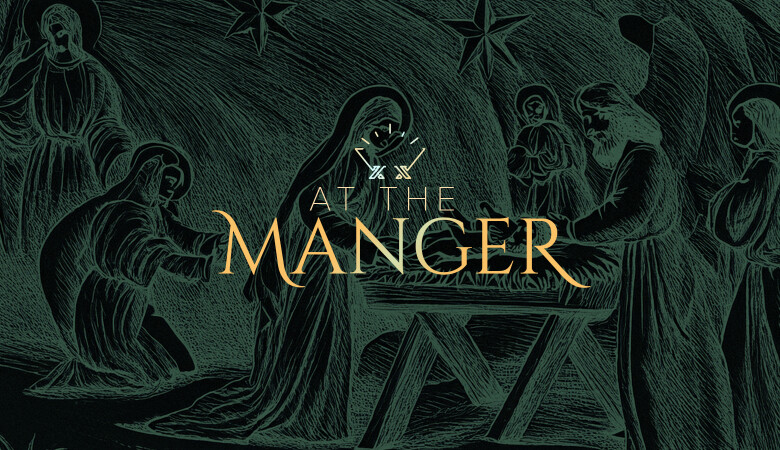
Christmas Eve 2024
December 24, 2024 - Christmas Eve
At the Manger: Invite a friend to join you for a powerful experience of the meaning of Christmas.
Worship online live with CUMC Sundays at 8 & 9:45 and after on our YouTube Channel: Youtube.com/CarlisleUnitedMethodistChurch
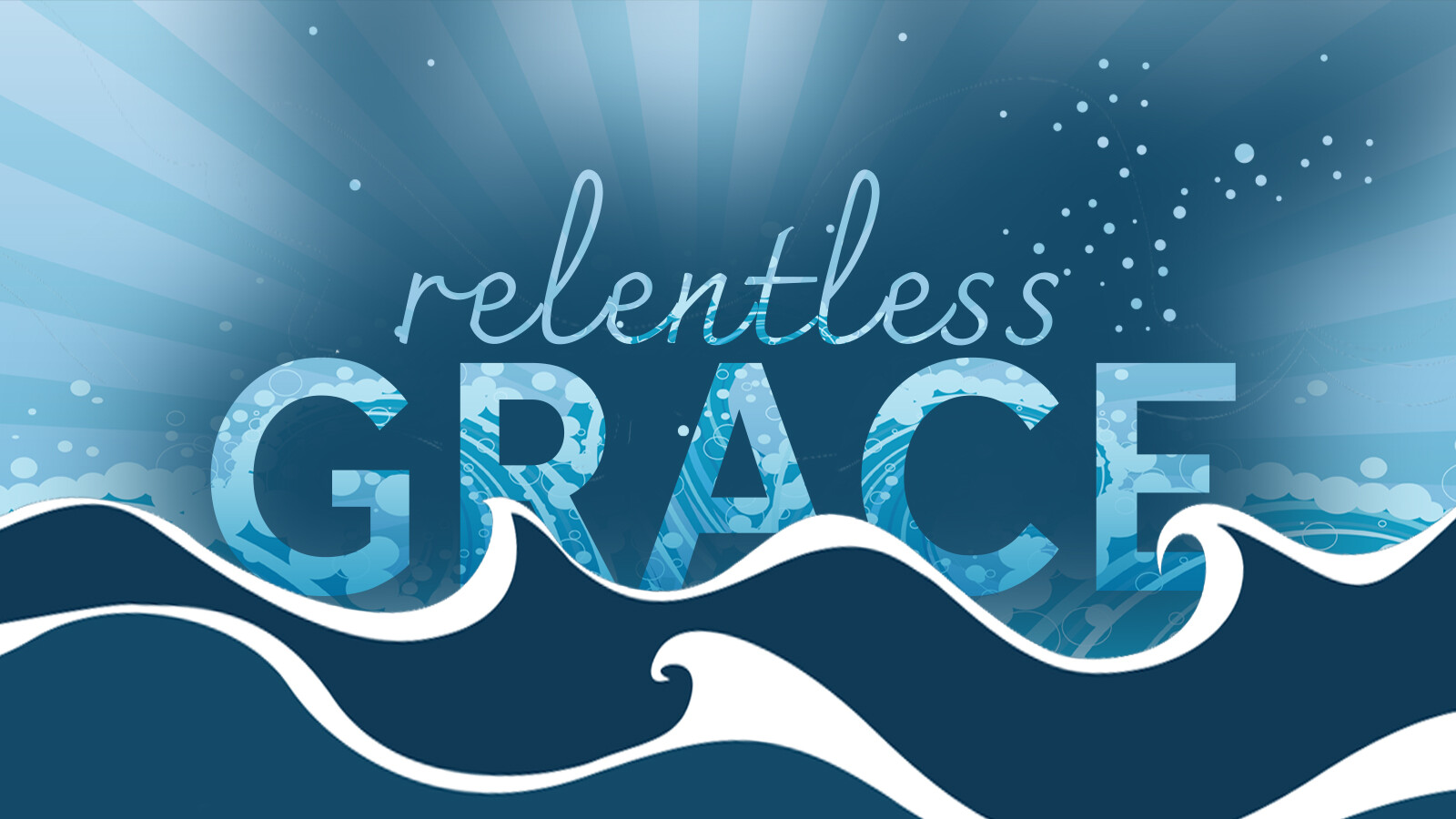
Sundays: January 11 - February 15, 2026
The undeserved, unmerited, ever-present grace of God is the source of our faith, hope, and life in the way of Jesus. Living like Jesus happens as we grow in awareness, receptivity, and response to the presence and power of God's grace in our life. Together, let's open ourselves to more grace as we begin a new year.

December 24, 2024 - Christmas Eve
At the Manger: Invite a friend to join you for a powerful experience of the meaning of Christmas.
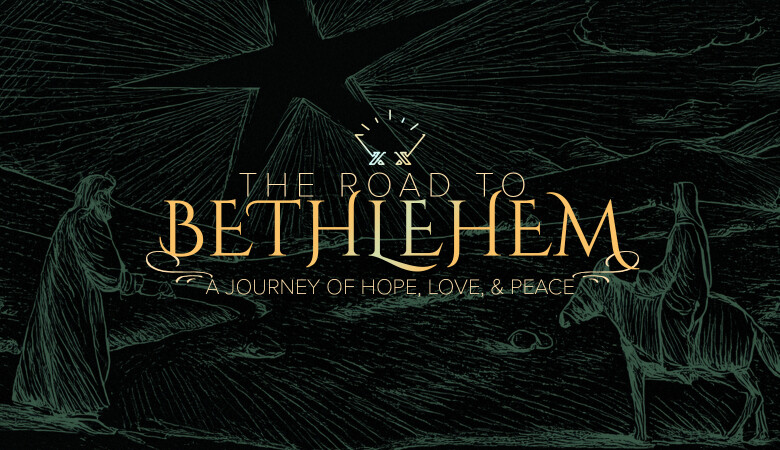
Sundays: December 1 - 22, 2024
This Christmas we will put ourselves in the shoes of Mary, Joseph and the other people along the Road to Bethlehem. Looking with fresh eyes at history, archeology, and the very human stories of the people who were there, we will discover that the Road to Bethlehem is a journey that still brings hope, love, and peace today.
Devotional: Plan to read along with daily devotions to accompany the sermon series
December 1: Mary of Nazareth - Luke 1:26-38
December 8: Joseph of Bethlehem - Matthew 1:18-24
December 15: Elizabeth in Judea - Luke 1:39-56
December 22: Nazareth to Bethlehem - Luke 2:1-7
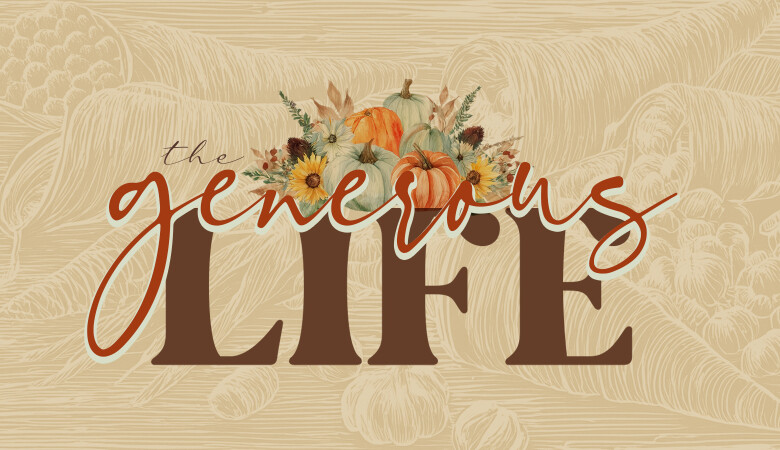
Sundays: November 17 & 24, 2024
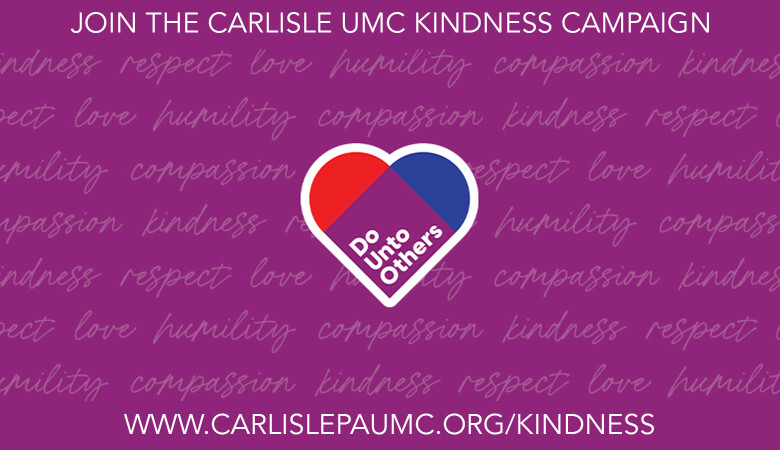
Sundays: October 6 - November 3, 2024
Jesus taught us that we should treat others as we want to be treated. This is commonly known as The Golden Rule, and holds the power to bring people together again. What one word expresses how you would like to be treated? We will look at Kindness, Respect, Compassion, Love, and Humility.
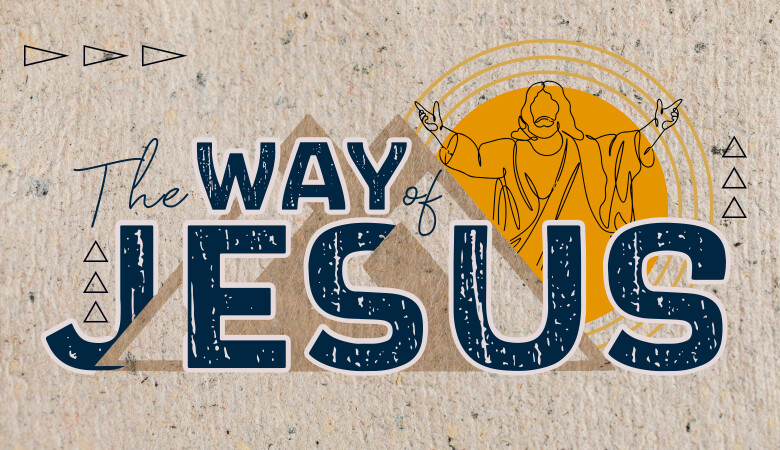
Sundays: September 1-29, 2024
At Carlisle UMC our vision is to Live Like Jesus. The Sermon on the Mount is essential reading for anyone who wants to know what living like Jesus means. The decision to follow Jesus means saying yes to a countercultural way of living as part of God's people and God's kingdom. This is the way.

Sundays: August 11-25, 2024
You think you know the story of Jonah, but do you really? Maybe the story of this reluctant prophet is really the story of each of us and our relationship with God whose grace, love, and mercy is for ALL.
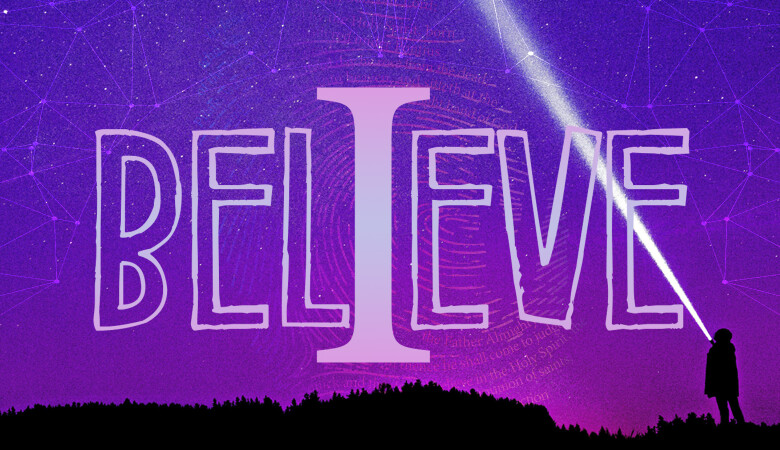
Sundays: June 23 - July 21, 2024
Discuss what Christians believe and why those beliefs answer our deepest questions by looking at the Apostles Creed. Learn how to be comfortable speaking about core beliefs and encourage conversations about our core christian beliefs.

Sundays: May 26-June 9, 2024
Let's begin summer by getting back to basics. Methodists have relied for over 250 years on 3 simple rules to guide our life of faith. 1. Do No Harm 2. Do Good 3. Stay in Love with God. Discover how these 3 simple rules can help you Live Like Jesus.
3 Simple Rules Phone Lock Screen
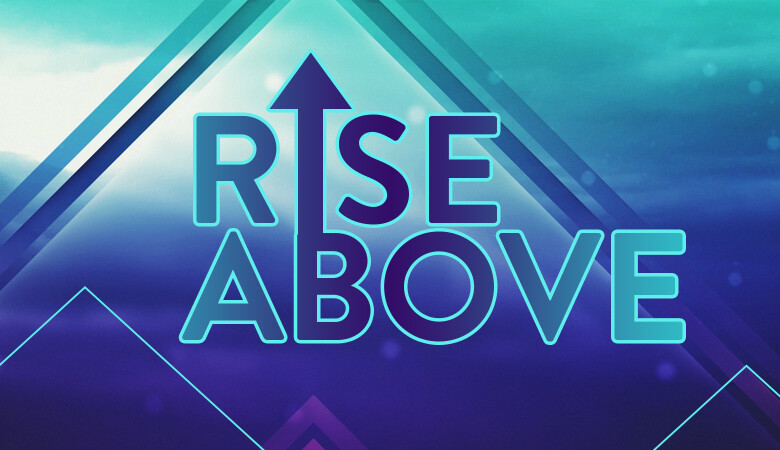
Sundays: April 21, 28, & May 5, 2024
Rise Above: 3 choices that help us to rise above our circumstances. The themes are around contentment, letting go of regret, and forgiveness.
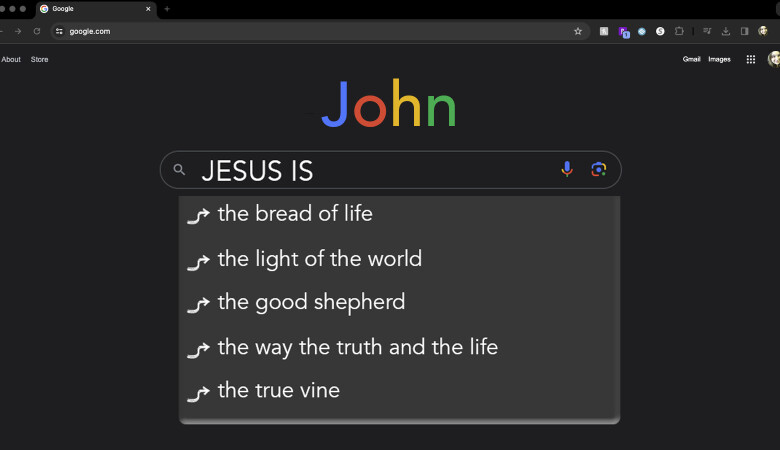
Sundays: February 18 - March 31, 2024
Who is Jesus? This enduring question is one that people ask all the time. The gospel of John gives a unique perspective on the identity of Jesus by giving us compelling and memorable images that point to the truth of who He is for us all.
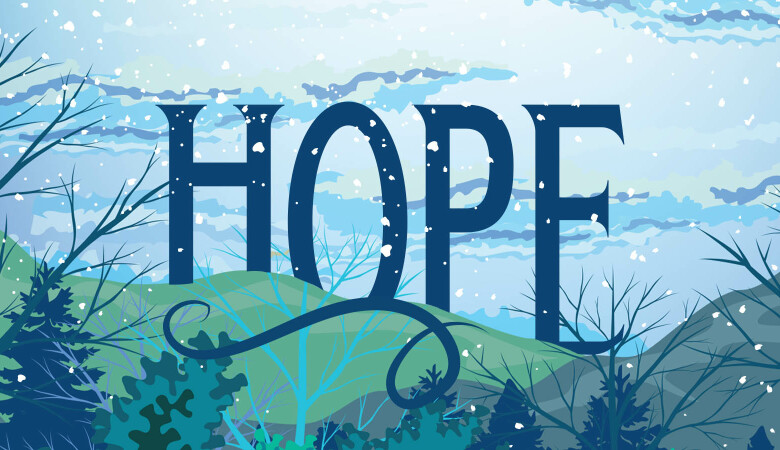
Sundays: January 7-February 4, 2024
How do we find hope, live in hope, and give hope away? We all need hope, but sometimes it can feel hard to find. Let's start 2024 with a dose of hope. We will discover the wisdom that the Bible has to share about hope.
Sundays: December 3-24, 2023
For 2000 years, people have turned to the story and message of John the Baptist to understand how to prepare their hearts to receive Jesus. We turn once again to listen to his message and learn from his life so that Christ may be born in our hearts and lives again this Christmas.